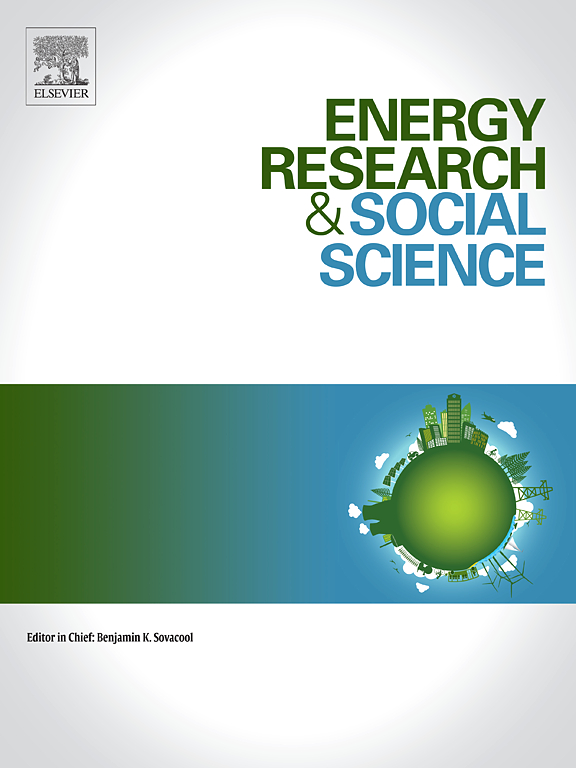The global dialogue surrounding the United Nations Framework Convention for Climate Change has focused on two strategies for addressing challenges associated with climate change: (1) mitigation (reducing the accumulation of greenhouse gases (GHG) in the atmosphere) and (2) adaptation (reducing the vulnerability of societies and ecosystems to the impacts of climate change). Forests feature in both of these strategies. The role of forests as stores of carbon and therefore in reducing GHG emissions has been captured in the efforts associated with reducing emissions from deforestation and degradation and enhancing carbon stocks (REDD+). In the area of adaptation, forests have featured less prominently. Only a few National Adaptation Programs for Action (NAPAs) mention the need to adapt forest systems to changing climates. The low profile of forests in the adaptation discussion is surprising, largely because the role of forests in generating services is widely accepted.
This document is an output of a CIFOR-led entitled: "Using Forests to Enhance Resilience to Climate Change" (ForCC). This project included studies in three countries (Burkina Faso, Honduras, and Lao PDR) and a state of knowledge report. This project was commissioned by the Program on Forest (PROFOR) Grant No. 099755, and the Trust Fund for Environmentally and Socially Sustainable Development (TFESSD) Grant No. TF099755, and was implemented in collaboration with CIRAD (Burkina Faso case study), CATIE (Honduras Case Study), and the Forestry Research Center and the Department of Forestry (Lao PDR Case Study). Additional project information and publications are found on the project manager's staff page, Aaron J.M. Russell.
Download:
Publication year
2012
Authors
Russell, A.; Locatelli, B.; Pramova, E.
Language
English
Keywords
climate change, greenhouse, forests
























